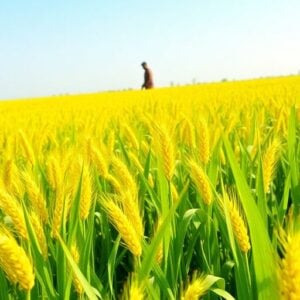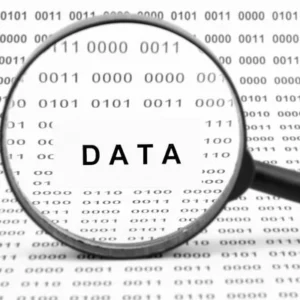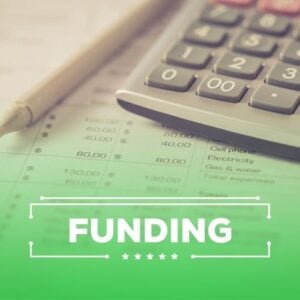The World Bank has updated its global poverty lines, significantly raising the international poverty line from $2.15 to $3 per day. This adjustment, based on 2021 Purchasing Power Parities (PPPs) and new national poverty data, means an additional 125 million people are now classified as living in extreme poverty. The update reflects changes in price levels and national poverty definitions, particularly in low-income countries.
Key Takeaways
- The international poverty line has increased from $2.15 to $3 per day (in 2021 prices).
- This revision results in an estimated 125 million more people living in extreme poverty.
- The update incorporates new price data (2021 PPPs) and revised national poverty lines.
- While the extreme poverty threshold is higher, new data suggests the world’s poorest are slightly better off in real terms.
Understanding the Changes
The World Bank’s methodology for measuring global poverty involves two main components: estimating the global income distribution and setting an International Poverty Line (IPL). The recent update adjusted both.
The IPL is set based on the median national poverty lines of low-income countries. The increase to $3 per day is largely due to several low-income countries raising their own poverty lines, often reflecting improved household survey methodologies that capture higher consumption levels. Inflation also plays a role, as the new lines are based on 2021 prices, compared to the previous 2017 prices.
Impact on Poverty Estimates
The revised poverty lines have led to an upward revision of global extreme poverty estimates. In 2022, the extreme poverty rate was revised from 9.0% to 10.5%, translating to an increase from 713 million to 838 million people living below the international poverty line. Sub-Saharan Africa, in particular, saw a significant increase in its extreme poverty rate.
Nuances in the Data
Despite the higher poverty threshold, the updated data indicates that incomes among the world’s poorest have risen in real terms. For instance, the income level for the poorest tenth of the global population increased by 16% beyond inflation. This paradox of higher incomes but a higher poverty count is attributed to both the updated PPPs and the revised national poverty lines, with new survey data from countries like India playing a significant role.
Broader Context and Future Outlook
While the increase in the IPL means more people are counted as poor, it does not necessarily mean the world has become poorer. The World Bank emphasizes that the IPL remains an extremely low benchmark. The update highlights the ongoing need to improve poverty measurement and acknowledges that progress in eradicating extreme poverty has slowed. The concentration of extreme poverty is increasingly shifting towards Sub-Saharan Africa and fragile states.
Sources
- A new poverty line has shifted the World Bank’s data on extreme poverty. What changed, and why? –
Our World in Data, Our World in Data. - June 2025 global poverty update from the World Bank: 2021 PPPs and new country-data, World Bank Blogs.
- Further strengthening how we measure global poverty, World Bank Blogs.
- The World Bank’s new global poverty lines in 2021 prices, World Bank Blogs.
- Has extreme poverty really plunged since the 1980s? New analysis suggests not, The Conversation.







